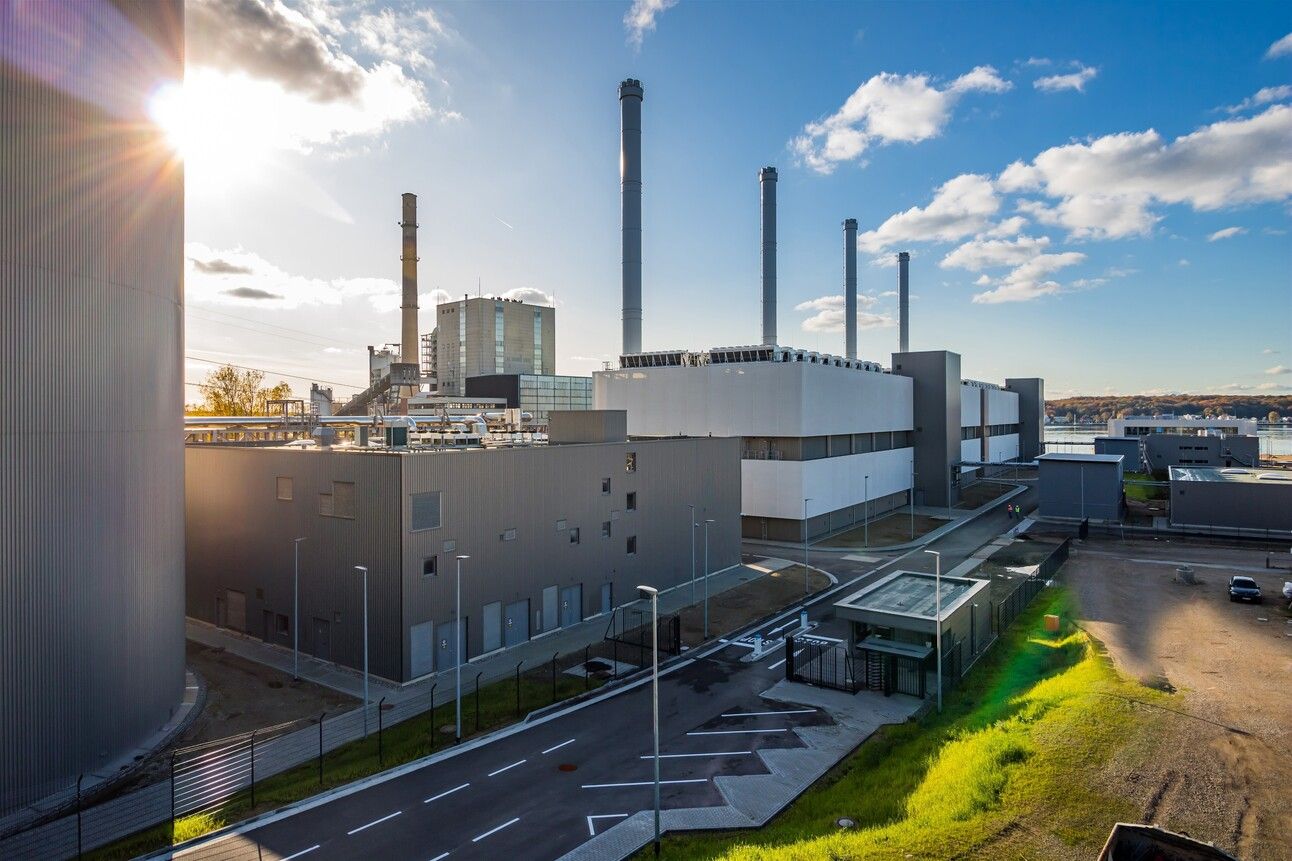Welcome to Grid Brief! Here’s what we’re looking at today: the US assures its allies that its pause on LNGs is not a reversal, Germany plans to subsidize more gas plants, and more.
US Assures Allies Over LNG Pause

The Biden administration recently asked the Department of Energy to pause on permitting forthcoming liquified natural gas export facilities. The decision was a political one meant to placate and endear two factions Biden believes he needs to win the upcoming presidential election: environmentalists and industrial trade groups. The former think pauses will curtail emissions while the latter seek to keep American natural gas prices low.
America’s allies who rely on the country’s prolific LNG output were not thrilled at the news. The news of the pause is liable to impact contracts already inked in both Asia and Europe.
“I’ve found that our allies who raise these issues with me tend to be quickly reassured when you explain to them what this is — which is a pause,” US Assistant Secretary of State for Energy Resources Geoffrey Pyatt told the media yesterday. Pyatt emphasized that the pause will not impact current flows.
There’s merit to the Biden administration’s claims that its pause is not a reversal on approvals. There may even be doubts as to whether the pause is happening at all. Per its mandate, the Federal Energy Regulatory Commission is supposed to keep approving the siting and construction of LNG export terminals regardless of the pause, because the DOE deals with LNG export licenses not permitting.
Germany to Subsidize 10GW of Gas Plants

After a contentious debate, the German government, led by Chancellor Olaf Scholz of the country’s Green Party, has decided to subsidize more gas plants.
“The government agreed to go ahead with four short-term tenders for up to 10 gigawatts, translating to about 15 to 20 new plants,” reports Bloomberg. “It requires developers to upgrade stations to burn hydrogen sometime between 2035 and 2040, and also leaves open room for carbon capturing and storage technologies, according to a statement Monday.”
The measure is expected to cost around $16 billion. Germany has become more reliant on natural gas as its climate policy has included shutting down its nuclear power fleet, thus stymying the country’s attempts to shift away from high-emitters like coal. Germany’s final six nuclear power plants possessed 8.1 GW of capacity. Currently, the German Green Party is fighting within the European Green Party to water down the EU’s climate commitments.
For a deeper look into how Germany got here, you can check out our premium coverage of Germany’s anti-nuclear stance and the recent bursting of its hydrogen bubble.
Upgrade to Grid Brief Premium to get extra deep dives into energy issues all over the world.
Conversation Starters
French nuclear bounces back. “The country’s reactor fleet will boast the most available capacity in at least five years in 2024, according to researcher BloombergNEF. That’s a far cry from the dwindling generation of recent years, when extended plant halts — combined with Russian gas cuts — brought Europe close to blackouts,” reports Bloomberg. “In mid-2022, nuclear behemoth Electricite de France SA embarked on a series of works to extend the life of its atomic plants. By August of that year, as little as 40% of the fleet was available, just as gas prices spiked to more than 10 times their regular level. Soaring costs plunged Europe into its worst energy crisis in decades, forcing governments to take sweeping measures to rein in demand. With France having to import electricity, and the wider region facing the prospect of power cuts, EDF flew in extra welders from the US and Canada to help repair plants. While the effort took longer than expected, ultimately it appears to have worked.”
Swedish prosecutor plans to release its decision on the Nordstream sabotage this week. “It was not immediately clear which day an announcement would be made, a spokesperson for the prosecutor's office said,” reports Reuters. “The pipelines transporting Russian gas to Germany were ruptured by a series of explosions in Swedish and Danish economic zones. Sweden shortly after the incident said its investigation in the Swedish economic zone found traces of explosives on site, showing that sabotage had taken place. It has not publicly identified any suspects.”
UK’s upcoming power auction could break records. “This month’s capacity market auction in the UK – designed to pay power producers to provide additional capacity to the grid in times of high demand – could fetch record-high clearing prices for the 2027-2028 market when backup capacity looks tight,” reports Oilprice.com. “The four-year-ahead (T-4) capacity market auction, awarding contracts to generators to have power supply available at peak demand periods, could clear at $85.40 (£68) per kilowatt per year, Bloomberg reported on Monday, quoting estimates from commodity research firm ICIS. To compare, the previous record-high for the four-year-ahead (T-4) capacity was set at the auction last year, at a price of $79 (£63) per kW per year.”
Crom’s Blessing

We rely on word of mouth to grow. If you're enjoying this, don't forget to forward Grid Brief to your friends and ask them to subscribe!